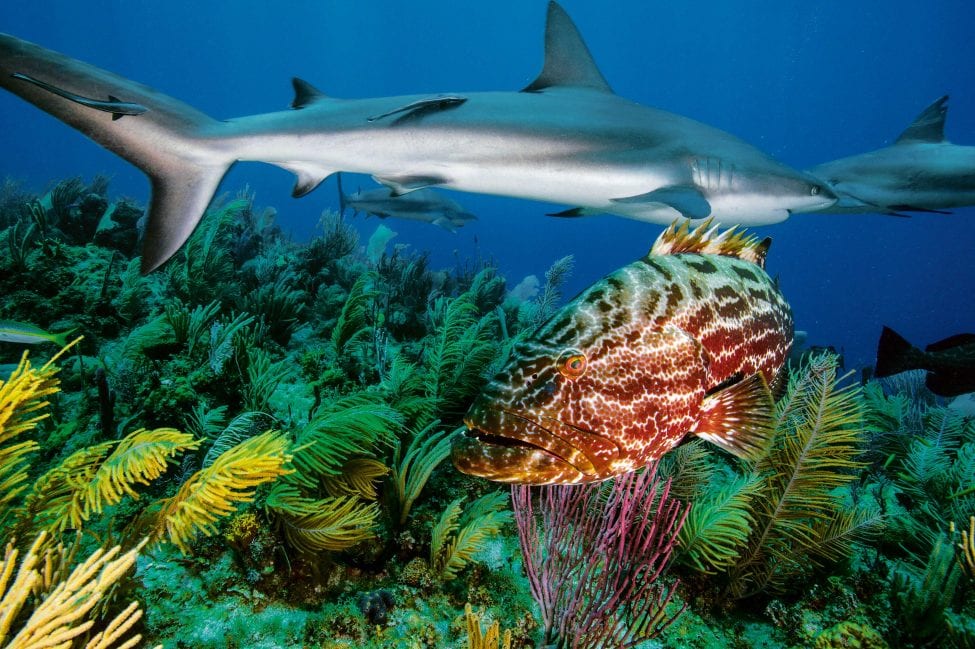Kurt Ingeman from the University of California (Santa Barbara), together with Jameal Samhouri and Adrian Stier, tackles this precise issue in a recent paper in Science. They interrogate why it might be that, despite more scientific insight, stronger policies and regulations, and management strategies that have in many cases catalysed a process of ocean recovery, we’re still not succeeding in some areas. One reason, they say, is because marine ecosystems and human societies change: they are ‘moving targets’ that keep conservationists chasing solutions. Their review looks at several different approaches we can adopt in the coming years to overcome some of the main issues that stifle our successes. Their first principle is to widen our definition of recovery to embrace a range of outcomes. Secondly, research should improve its predictive capacity, anticipating what recovery dynamics might look like and charting a path forward. Finally, policy-makers need to navigate more adaptable approaches to keep up with the rate of change, so that communication and coordination across institutions and stakeholders is more ‘fluid’. The authors also point out that local knowledge and traditional cultural practices need to be better integrated into what we consider recovery and how we best achieve it. Their conclusions are certainly ambitious, but conflicting approaches to ocean recovery hinder our progress. A framework that wrangles some of the biggest concepts in ocean conservation into a philosophical format is useful to guide where we might aim to head in future.
